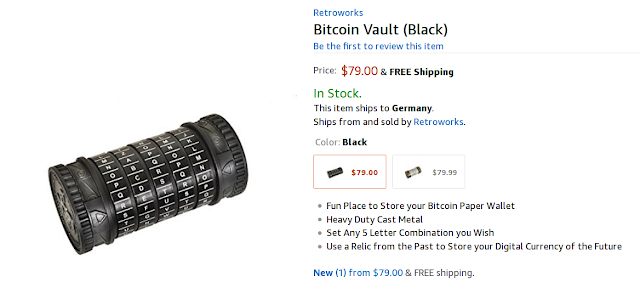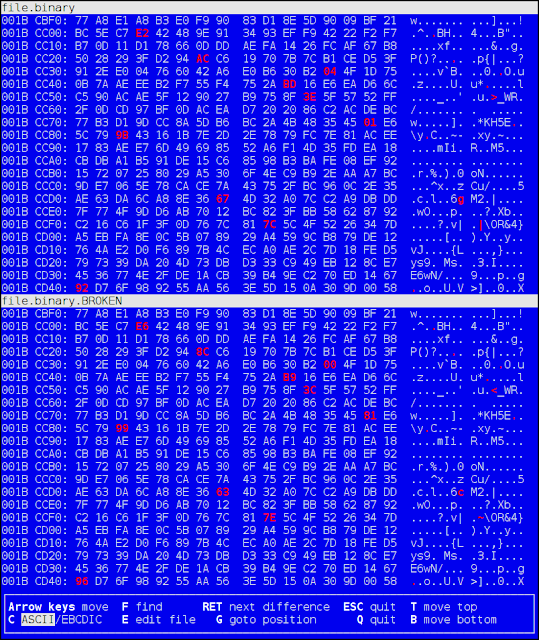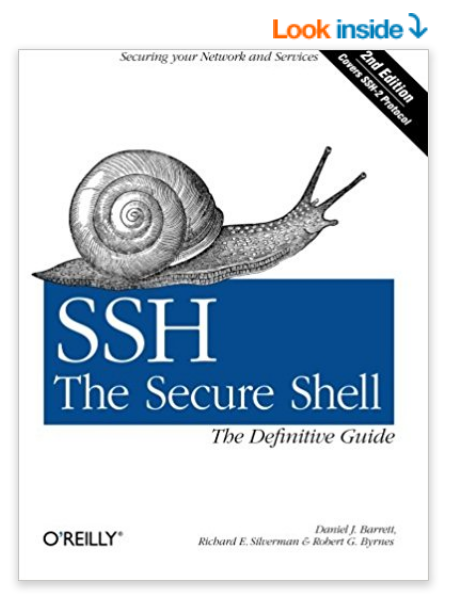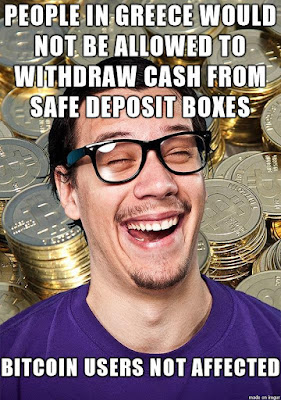"Air gapped" is not good enough to protect your Bitcoin
Your bank notes under your mattress are air gapped - there is an air between them and the burglars. Is this air stopping them from just taking your money and spend it? If you are worried that you may forget the password you can still keep unencrypted copies hidden somewhere safe (or your passphrase), but you can also make encrypted ( with good key stretching ) copies on cloud services (DropBox, Mega, Google Drive, Gmail, etc.). If you keep your seed in a safe deposit box (at the bank), the bank employees can open it and steal your coins. Also, the government can demand opening of your safe deposit box and steal your gold and crypto. Archiving private keys - TLDR version


















